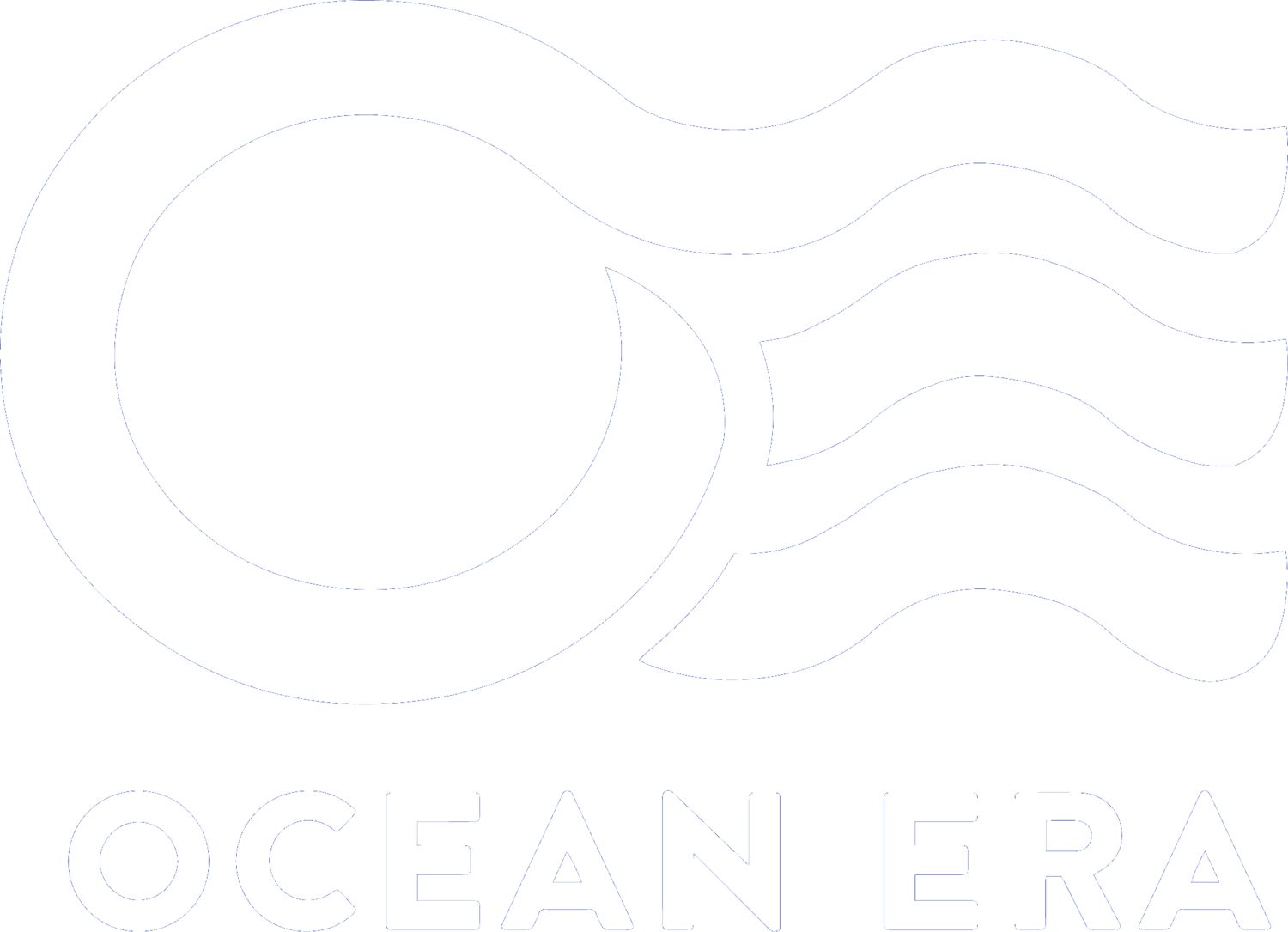Ocean Era also conducts industry-leading sustainable feeds research, focused on reducing our reliance on fishmeal and fish oil from wild stocks, and instead using scalable agricultural proteins and oils in fish diets. We think of this as “softening mankind’s footprint on the seas”.
We have conducted dozens of feed trials since this work began, in 2006. Our research team and partners have been greatly encouraged by the array of new alternatives to traditional wild-caught fishmeal and fish oil.
Soy diet feed results: larger kampachi (right) on a soy based diet, the smaller kampachi (left) on a commercial control diet.
We have shown that our kampachi will readily accept - and thrive on - a diet where most of the fishmeal is replaced with agricultural proteins, such as U.S.-grown soybeans. Growth performance and health of the fish on the “vegetarian” diet has been equal to or exceeded that of traditional fishmeal-based diets.
Our feed trails with soy protein concentrate (SPC; essentially tofu) compared the growth of kampachi on a 40% SPC diet with commercially available diets. After the trials, the fish were harvested and analyzed for product quality in consumer taste tests at Oregon State University. The kampachi raised on the 40% SPC diet diet were indistinguishable from the kampachi raised on the control diet: they were equally delicious!
Working with colleagues at USDA, we've also been able to replace some portion of the fishmeal with (a) algal by-products of astaxanthin production, (b) fish peptides obtained by filtering the effluent water from fish processing plants; and (c) single-cell protein concentrates produced by fermenting bio-digesters. We have also shown that kampachi can thrive on a zero fishmeal / zero fish oil diet. This therefore clearly demonstrates that we no longer need to feed fish to grow fish. We have been able to completely eliminate all marine-sourced ingredients from the diet of this so-called “carnivorous” species. We can scale aquaculture, to meet the needs of a growing planet, without increasing pressure on our ocean’s resources.
In our earlier trials, the protein products were too expensive for commercial grow-out diets. We recently – with support from NOAA, and in collaboration with the F3 Feed Innovation Network - repeated these trials with more cost-competitive feedstuff replacements for fishmeal and fish oil. The results were tremendously exciting. Read the final report from this project here. A short video is also available here.
Much of our work is done in collaboration with innovative companies and research organizations. One such example is the clean biotech firm KnipBio, whose single cell protein offers a sustainable fishmeal replacement.
Learn more about our collaborations at Ocean Era.



